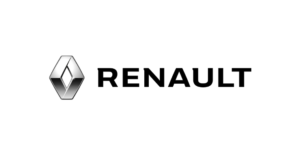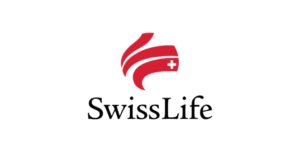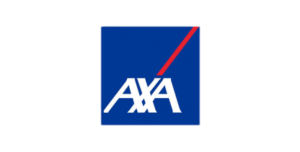Maybe you mean: 'Lagos' or 'nairobi' or 'cape-town' or 'cairo' or 'francophone-africa' or 'lagos-fr'
NEW ! Virtual Learning Expeditions
Why going digital?
– Cost-effective for large number of participants
– Explore multiple ecosystems around the world at the same time
– Flexible timings
Accelerate the Energy transition
You want to:
– Understand how the energy sector is transforming to provide more affordable, reliable, sustainable and modern energy
– Inspire your teams to innovate and think creatively
– Align your management/teams on strategic topics to prioritise
– Learn about the innovations and technologies transforming the energy sector (smart grid, data, AI, blockchain) and how the new ways of working (open innovation, intrapreneurship, lean startup, human-centric design, etc)
– Improve the cohesiveness of your team for more effectiveness
– Embark your key stakeholders into your new vision of the world by offering them to participate in a learning experience designed to deliver on your messages
Where to learn from about energy transition?
Singapore, a testbed for new energy
Today, about 95% of Singapore’s electricity is generated using natural gas, the cleanest form of fossil fuel. The government has taken steps to help the power generation companies (gencos) improve the efficiency of their power plants. For instance, they launched the Genco Energy Efficiency Grant Call that encourages gencos to deploy equipment or technologies to be more energy efficient and competitive.
Solar remains the most promising renewable energy source for Singapore. The Renewable Energy Integration Demonstrator (REIDS) is a Research, Development, Demonstration and Deployment platform dedicated to designing, demonstrating and testing solutions for sustainable and affordable energy access-for-all in Southeast Asia. REIDS is testing off-grid systems in the island of Semakau, located just 20 min from the city. The government is also financing the installation of 170,000 solar panels across buildings in Singapore.
The country also looks into emerging low-carbon solutions (e.g. carbon capture, utilisation and storage technologies, hydrogen) that have the potential to help reduce Singapore’s carbon footprint, and has also launched the first retail electricity marketplace to enable peer-to-peer energy transfers across the main grid.
Nairobi, Kenya: towards 100% renewable energy
A few years ago, Kenya had pledged to ensure that by 2020 its electricity generation mix would be made up of 100% renewable energy sources. By building new wind and solar farms, Kenya went from 77% renewable energy sources to 93%. The other major contributors in Kenya’s energy generation mix are geothermal and hydro.
Kenya is called the “Silicon Savannah”. Despite its relatively small local market, Kenya takes on a leading tech start-up nation role. Its tech ecosystem has developed largely due to the success story of the mobile wallet M-Pesa launched in Kenya in 2007, with many companies trying to replicate its success. M-Pesa has revolutionised the way people spend, save and send money in Kenya, making the society cashless. M-Pesa’s founder also revolutionised the way people pay for energy with the platform M-Kopa, one of the leading global “pay-as-you-go” energy services for off-grid customers.
Lagos, Nigeria : from oil to solar energy
Nigeria is Africa’s largest oil producer, with oil and gas providing about 10 percent of its gross domestic product. To move away from its high dependence on oil for revenue which has left the country susceptible to external shocks – highlighted by the pandemic crisis -, some companies have been looking to develop a resource that has been growing for the past few years in the region: solar energy.
A few dozen solar developers are actually operating from Lagos, and some have received emergency funding to provide reliable solar power to healthcare organizations and to provide Niegerian businesses with domestic portable solar systems to enable their employees to work from home. Among them, the World Bank awarded Lumos, a Netherlands-based solar developer with projects already underway in Nigeria.
Solar developers have long seen the opportunity in sub-Saharan Africa to provide a better quality of life through more reliable, clean energy. Nigeria also has one of the most established ecosystems for entrepreneurs in Africa, with the most number of funding deals on the continent. Lagos is the headquarters of Jumia, Africa’s first unicorn, which spans e-commerce, jobs and finance. When it comes to solar, entrepreneurs in Lagos have found ingenious ways to provide off-the-grid systems to empower distributed healthcare services, education and employment opportunities, for example with the micro-utility model or through payment innovations (micro-finance leasing, mobile payments).
Interested to organize a learning expedition?











